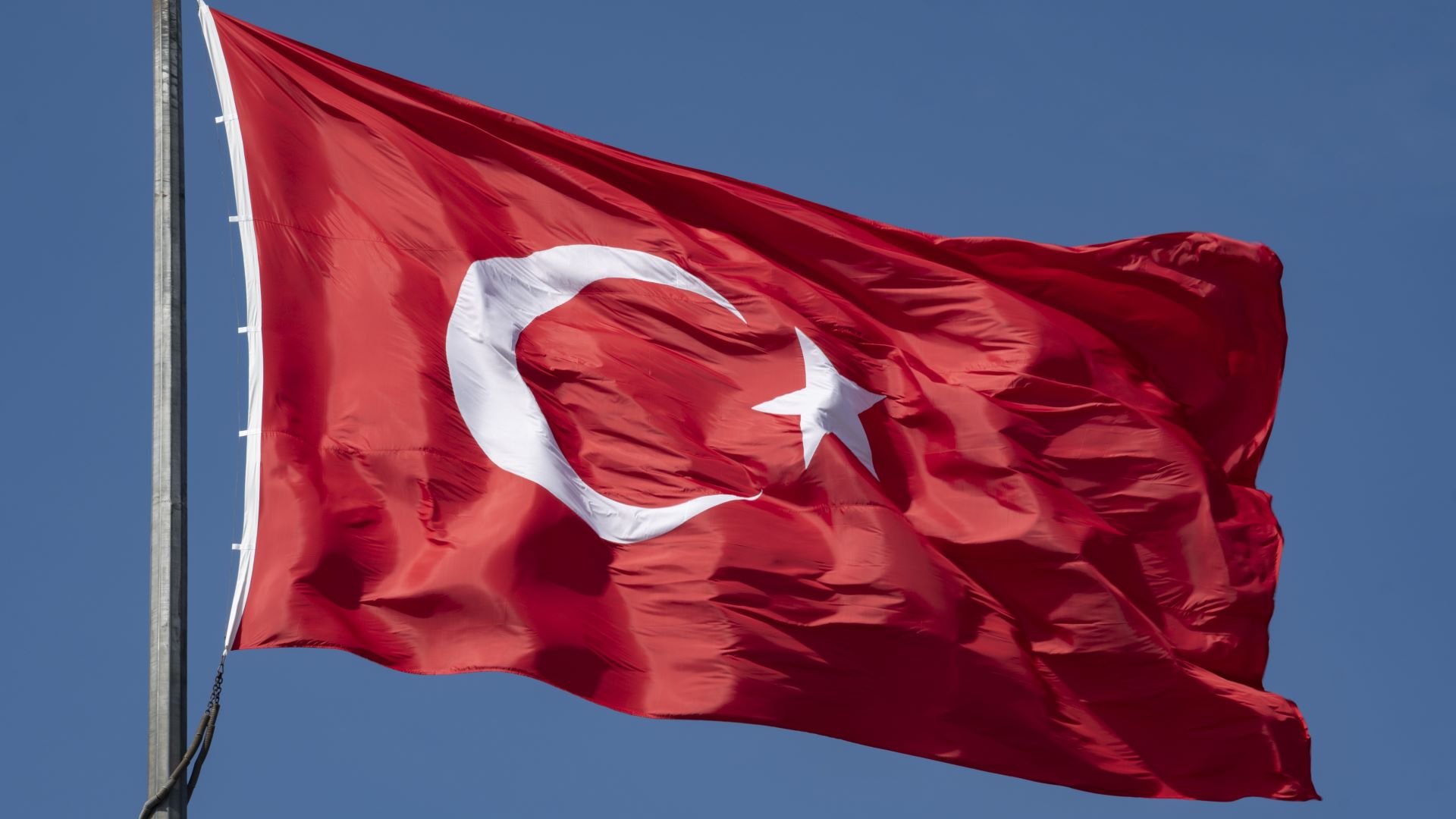Turkey wants to make it easier for authorities to block social media and messaging apps
The draft amendment would also require establishing a company in the country

- Turkey plans to expand the authorities' power to block access to social media on the grounds of "national security"
- Global companies with over 1 million users in Turkey will also be required to set up a local company
- Messaging platforms are also included in the so-called "over-the-top service providers" expected to follow the new rules
Turkey plans to expand authorities' power to block access to social media and messaging platforms on "national security" grounds without a court order.
As per a report by the Turkish news site Ekonomim and reported by Bianet English, the draft amendment would also require these so-called "over-the-top service providers" to establish a local company when they have more than 1 million users in Turkey.
The draft law follows a 42-hour social media shutdown, amid protests sparked by the arrest of Ekrem İmamoğlu, that forced citizens to turn to the best VPN apps. Unrest is still ongoing across the country at the time of writing.
Turkey's internet control
Turkey is infamous for seeking control over the internet. VPN provider Surfshark, for instance, recorded a total of 17 instances in which authorities enforced some form of internet restriction since 2015. Instagram, X, YouTube, WhatsApp, and Telegram are the main targets.
Examples include a block on X at a time when people needed it most – the aftermath of the deadly earthquake that shook both Turkey and Syria in February 2023. Social media and messaging apps went dark during times of political turmoil in 2024, too.

Turkish authorities have also been cracking down on VPN services, the most popular tool to bypass government-imposed internet restrictions, since at least December 2023. People have reportedly managed to evade this ban, however, as most VPNs, like Proton VPN, keep recording usage spikes across the country.
Halting the spread of hate speech and disinformation is usually the motive behind these temporary blocks to people's online communications, as per current regulations upon obtaining a court order.
The draft amendment would, however, empower the Information and Communication Technologies Authority (BTK) to directly restrict access to social media and messaging apps "on grounds of national security, public order, public health, or similar public interest considerations," Bianet English reported.
As the news site points out, BTK already has the power to throttle bandwidth by up to 90 percent for up to 24 hours during emergencies, de facto making accessing targeted websites and apps almost impossible.
The amendment could also expand on existing requirements to appoint a local representative, mandating a new obligation to set up a local company for providers with more than 1 million users in Turkey.
Mass censorship & information control is spreading worldwide. Turkey’s new “cybersecurity” law is widely seen as another censorship tool.Setting up a @signalapp proxy server helps keep private communication alive even when regimes try to shut it down.https://t.co/hpfgwQtrut pic.twitter.com/2Fl7doIEA0March 30, 2025
The news of the draft amendment comes at a delicate time of political turmoil. Protests over the arrest of the major opposition leaders are still ongoing, in fact, with journalists increasingly facing arrest.
X accounts of protesters and opposition figures have also been reportedly blocked at Erdogan's orders.
Additionally, on March 13, 2025, a new cybersecurity law was also enforced, introducing new powers to fight back against cybercrime in the country. These include "two to five years in prison for falsely claiming that a cybersecurity-related data leak has occurred," Bianet English reported.
Yet, digital rights now fear these new powers are too broad and could be used to restrict independent reporting and stifle dissent, the Global Voices reported. This could de facto increase internet censorship levels even further.
You might also like

Chiara is a multimedia journalist committed to covering stories to help promote the rights and denounce the abuses of the digital side of life – wherever cybersecurity, markets, and politics tangle up. She believes an open, uncensored, and private internet is a basic human need and wants to use her knowledge of VPNs to help readers take back control. She writes news, interviews, and analysis on data privacy, online censorship, digital rights, tech policies, and security software, with a special focus on VPNs, for TechRadar and TechRadar Pro. Got a story, tip-off, or something tech-interesting to say? Reach out to chiara.castro@futurenet.com
You must confirm your public display name before commenting
Please logout and then login again, you will then be prompted to enter your display name.